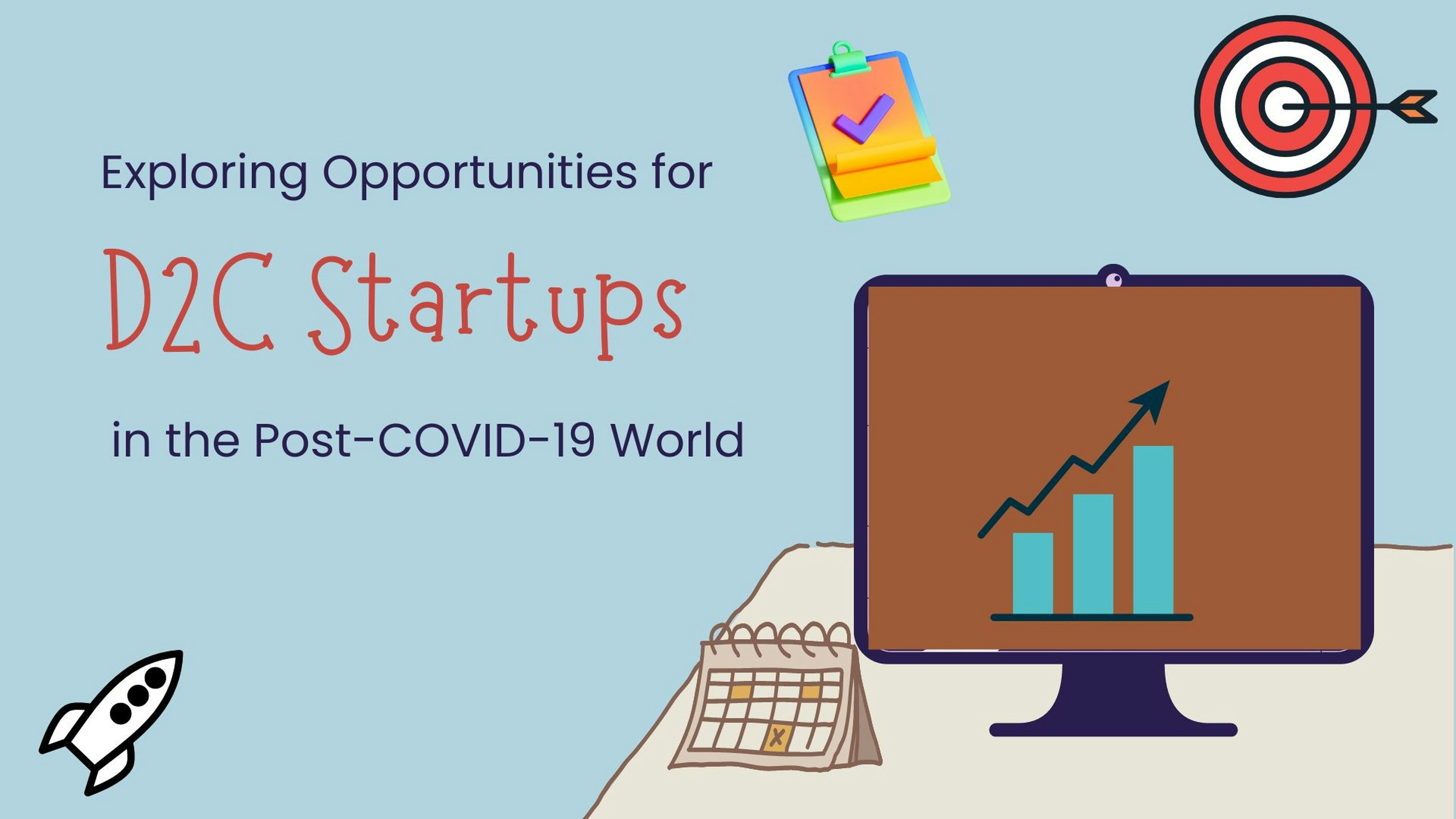"Better Every Day For You" -NeoKalon
Reading for Success: Why Deep Reading is the Shortcut to Mastery
Understanding Deep Reading vs. Shallow Content Consumption
In today’s fast-paced digital landscape, the way individuals consume information has evolved significantly. This shift has given rise to two distinct modes of reading: deep reading and shallow content consumption. Deep reading is characterized by a focused, intentional, and immersive approach to engaging with text. It typically involves longer pieces of writing, such as books or comprehensive articles, allowing the reader to delve deeply into the content, analyze it critically, and extract nuanced insights. This form of reading fosters a deeper comprehension, enhancing cognitive processing and retention of knowledge.
In stark contrast, shallow content consumption refers to the rapid skimming of content that is prevalent in the age of smartphones and social media. This often includes scrolling through feeds, watching bite-sized videos, or quickly glancing at headlines. Such practices can lead to cognitive overload as the brain is bombarded with superficial information that requires little engagement. Over time, this has contributed to a decline in attention span and a diminished ability to concentrate, ultimately hindering individuals from gaining substantial understanding or retaining critical information.
The drawbacks of shallow content consumption are manifold. Firstly, it can lead to a fragmented understanding of topics, preventing the establishment of a cohesive knowledge base. Additionally, as consumers of shallow content often prioritize speed over substance, they miss out on the depth of thought that comes from taking the time to fully engage with material. For example, individuals who habitually consume information in a superficial manner may find themselves struggling to synthesize knowledge or apply what they have learned in real-world contexts. Conversely, those who practice deep reading are able to create valuable connections between ideas, leading to meaningful insights and personal growth.
The Benefits of Deep Reading for Personal Growth and Mastery
Deep reading, characterized by immersive engagement with complex texts, offers a multitude of benefits that contribute significantly to personal growth and mastery. One of the most profound advantages is the enhancement of focus and mental endurance. In today’s world, where distractions are abundant, deep reading necessitates prolonged attention, enabling individuals to develop concentration skills that are essential for tackling intricate challenges. As readers delve into rich narratives or elaborate arguments, they build the ability to maintain their focus over extended periods, which bolsters overall cognitive stamina.
Furthermore, the practice of deep reading fosters critical thinking and analytical skills. When individuals engage with nuanced ideas and unfamiliar concepts, they are prompted to evaluate, question, and synthesize information. This engagement with challenging texts not only enhances comprehension but also encourages readers to form their own responses, leading to a deeper understanding of the subject matter. Through this analytical lens, deep readers often find themselves capable of making informed decisions and solving complex problems, competencies highly valued in personal and professional domains.
Retention of knowledge is another pillar of deep reading that significantly impacts personal mastery. Unlike superficial reading, which skims over ideas, deep reading encourages reflection and synthesis. Readers assimilate information more thoroughly, leading to meaningful connections between concepts. Anecdotal evidence from successful individuals—such as renowned thinkers, writers, and entrepreneurs—often highlights their commitment to deep reading as a foundation for their achievements. For instance, leaders like Bill Gates and Oprah Winfrey attribute their expansive knowledge and insight to their dedicated reading habits. Such case studies serve to motivate aspiring achievers to integrate deep reading into their lives, reinforcing the belief that mastery is a journey best supported by the profound insights gained through engaging with depth and complexity in texts.
Building a Deep Reading Habit: Strategies and Recommendations
In the fast-paced digital age, cultivating a deep reading habit requires intentional strategies that prioritize focus and comprehension. To embark on this journey, it is essential to choose books that not only engage the mind but also challenge it. Biographies of influential figures can provide valuable insights into the complexities of human experience, while foundational works across various disciplines create a strong intellectual framework. Strategy guides and philosophical texts further enhance deep thinking, encouraging readers to contemplate profound ideas and principles.
Setting realistic reading goals is a fundamental step in fostering a habit of deep reading. Rather than overwhelming oneself with lofty targets, start with achievable milestones. For instance, aim to read for 30 minutes each day or complete one book per month. These manageable goals can progressively build confidence and a sense of accomplishment. Additionally, creating designated reading times can significantly improve consistency; consider incorporating reading into a daily routine, such as during morning coffee or before bedtime, to reinforce the habit effectively.
The environment in which one reads also plays a critical role in enhancing the deep reading experience. Selecting a quiet space, free from distractions, can help maintain focus. Investing in comfortable reading furniture and good lighting further optimizes the reading atmosphere. To combat challenges that may impede progress, such as distractions from digital devices, readers can implement techniques like the Pomodoro method—reading in focused bursts followed by short breaks—to maintain concentration and momentum.
Ultimately, the key to developing a deep reading practice lies in consistency. By embracing these strategies and remaining committed to the process, readers can gradually cultivate a deep reading habit that enriches their comprehension and mastery across diverse subjects.
Staying Committed to Deep Reading in a Distracted World
In an age where distractions abound, maintaining a commitment to deep reading can be challenging. However, by implementing specific strategies, individuals can cultivate an environment conducive to focused reading that enhances both comprehension and retention.
The first step towards achieving deep reading is to establish clear boundaries around digital devices. The omnipresence of smartphones and social media can pull attention away from the pages of a book. Designating specific times for reading, such as early mornings or before bedtime, can help create a sanctuary for uninterrupted focus. During these periods, turning off notifications and setting devices to ‘Do Not Disturb’ can significantly reduce interruptions, allowing readers to fully immerse themselves in the material.
Additionally, employing apps designed to improve focus can assist in creating a reading-friendly routine. Tools that block distractions or promote mindfulness can enhance the reading experience, making it easier to delve deeper into texts without succumbing to the temptations of superficial content. Thus, prioritizing deep reading over engaging in less rewarding digital consumption can foster greater intellectual growth.
Another effective strategy is to become part of a reading community or book club. Sharing insights and experiences with others not only provides motivation but also fosters accountability. Engaging with peers who value deep reading can inspire commitment and introduce readers to new perspectives, enriching their understanding of the texts. This communal aspect of reading can transform it from a solitary activity into a shared journey, reinforcing the importance of deep reading as a valuable investment in personal mastery and long-term success.
By implementing these strategies, individuals can navigate the distractions of modern life while remaining committed to deep reading, ultimately enhancing their learning and mastery over time.



